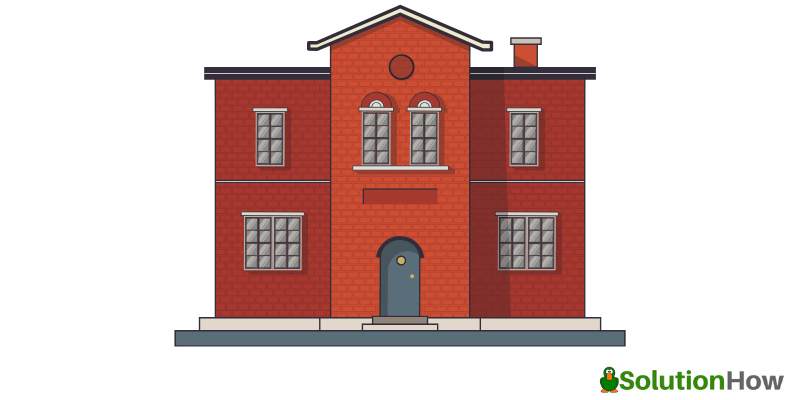
Running and managing a construction business is a tough job. It’s not enough to simply do the work, do need to think about who you hire, marketing, being profitable and following all the rules that regulate the industry. So the last thing you want to worry about is your tools, machinery and equipment. For a business the relies so heavily on it machinery it should be a priority for you when organising your plans and drawing up plans. Let’s go through 5 good practices you can follow to help your business run as smoothly as possible.
1: Regular Maintenance
Regular maintenance can seem tedious and annoying at times, especially when it collides with work and you have to stop for a while. However, regular maintenance is essential to keep your equipment and machinery running smoothly. It’s always better to prevent an issue than fix it after it happens. Searose Dust Control Brisbane states that machinery made to keep the site safe, like a dust collector, needs regular maintenance as without it you’re putting workers in dangers of serious health risks. Be sure to have a record of all past maintenance and repairs as well as future scheduled maintenance. Not only will this help you stay on top of it, it might also be important for the sites compliance with OHS regulations.
2: Protect you Machinery, Tools and Equipment
Following on from point 1, you need to protect all of your tools, machinery and equipment. ADP Group Ltd can guide you a lot regarding machinery and equipment. While you’ll always need regular maintenance, simply protecting your equipment from the elements can stop them from rusting and seizing up. Having adequate site storage is essential for this, it will also limit wear and tear if there is space to store it as it won’t be left on the ground until the next time it’s used.
3: Get Backups
Machinery is fickle, you can take care of it as best as you can but something can happen and it will break down. Whether its due to old age or some accident, you need to be prepared for it. This is obviously easier for smaller tools that are less expensive and don’t require much safe, but think about items that the site relies on. If it’s within your budget get backups of these items, as if your site relies on them and they’re out of action for a few days it’s going to cost you a lot of time and money. For instance, you can check compact motor grader for sale and buy them so you can use them in such cases. Additionally, have an emergency fund specifically for this situation where you can rent a backup at short notice.
The Blue Competent Operator Card is a qualification that is required in construction. It confirms you have demonstrated a level of health, safety and environment awareness through the CITB Health, safety and environment test, underpinning knowledge through a CPCS theory test, operating ability through a CPCS practical test and operating competence on the type of plant evidenced by an SVQ or NVQ.
4: Build Trust
Build trust with your suppliers or repairs companies. If they’re professional and do good work, build a relationship with them. You never know when you might need there help when met with a breakdown and works stops.





